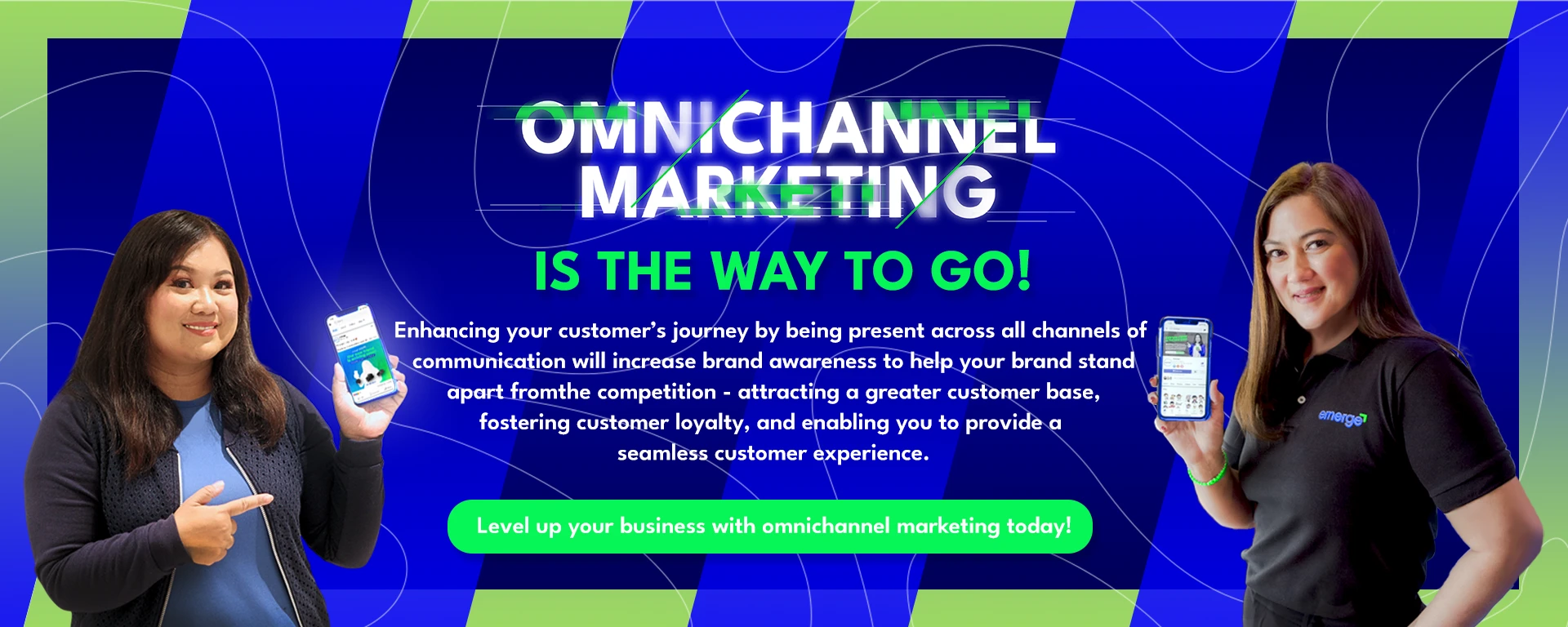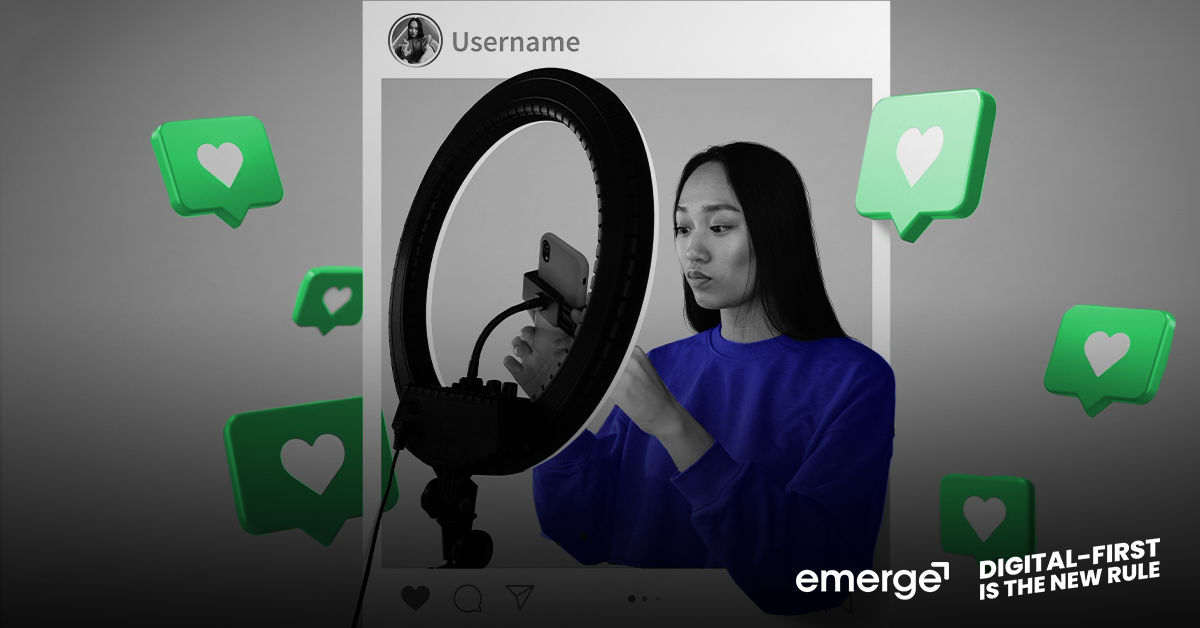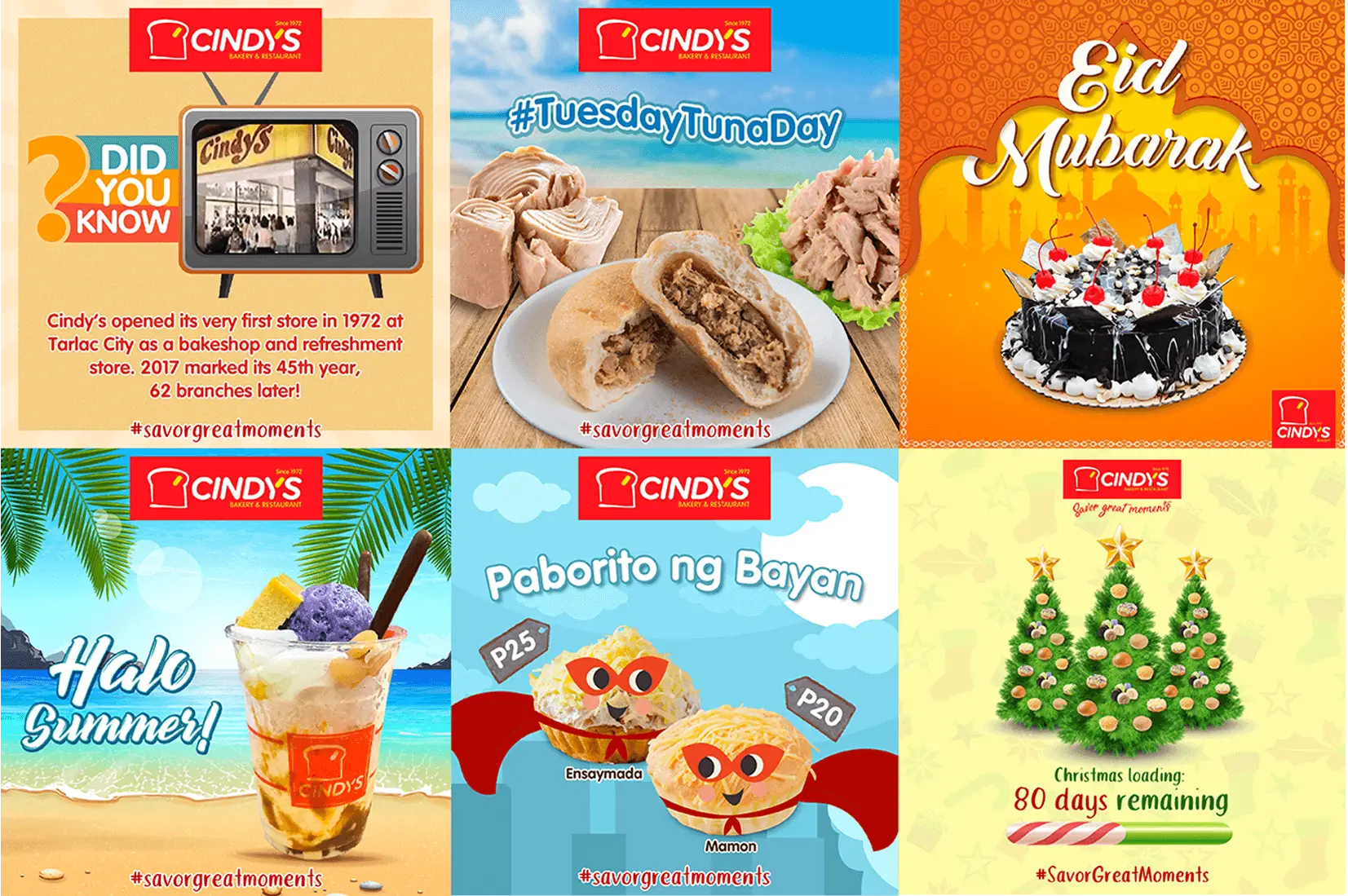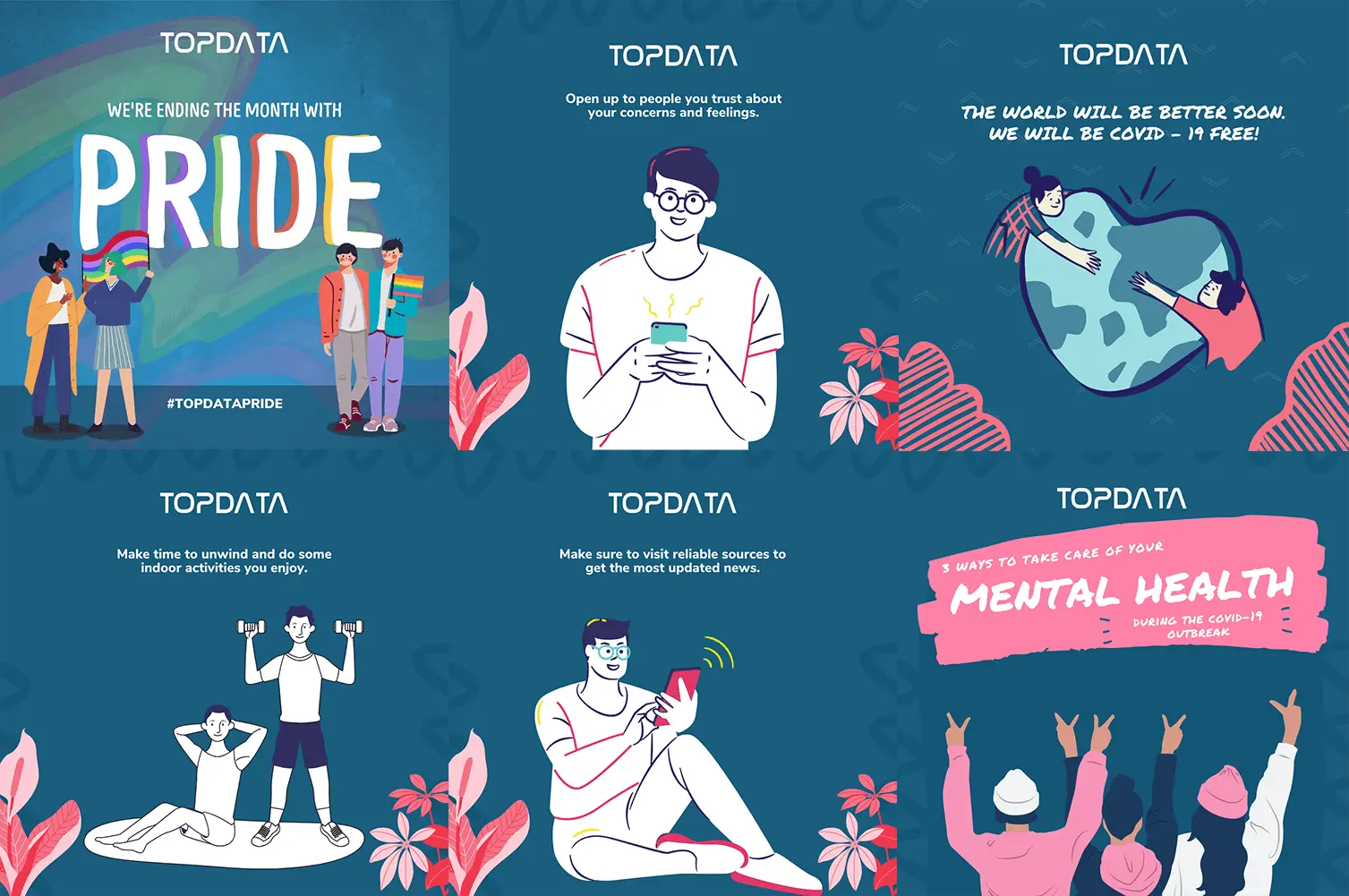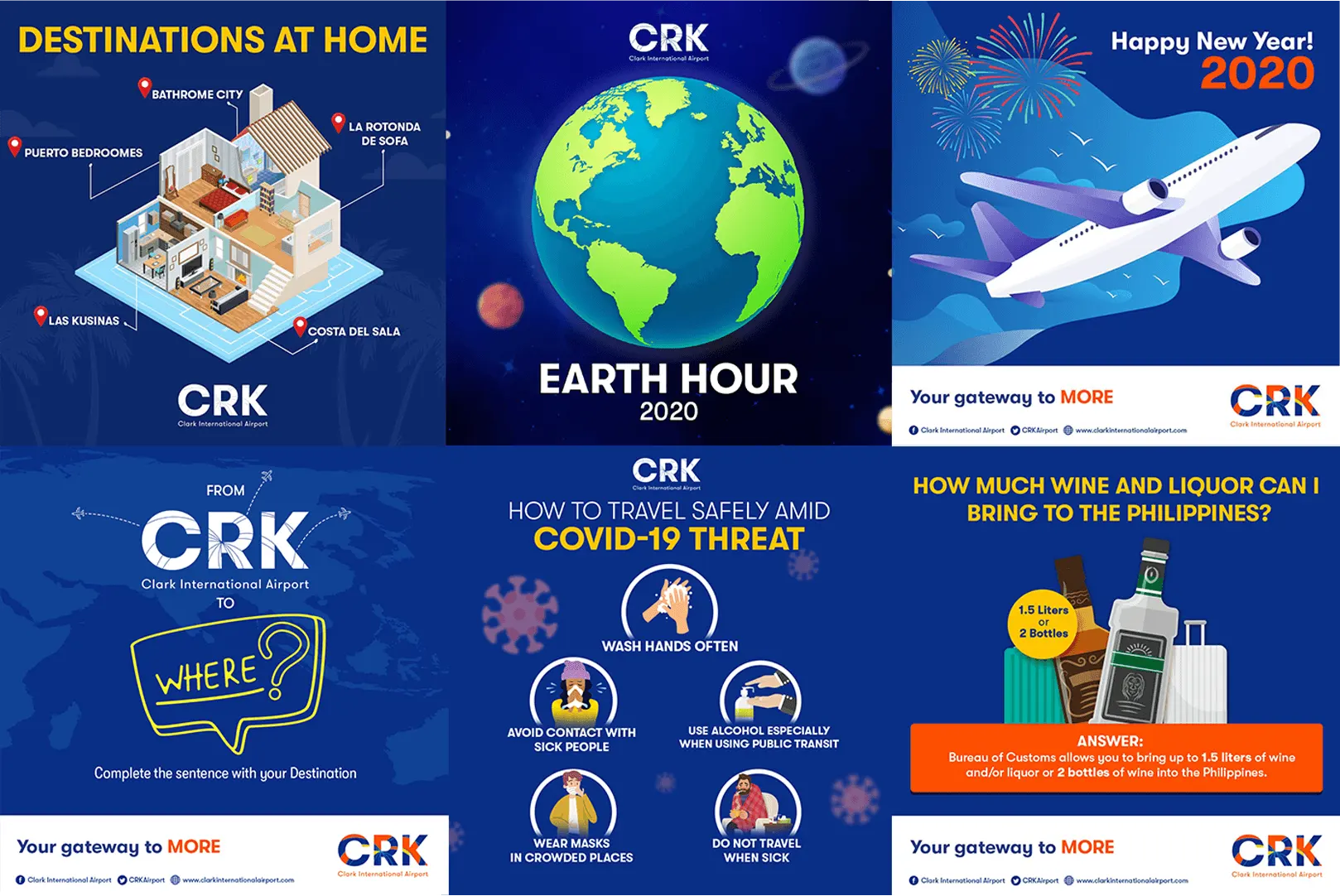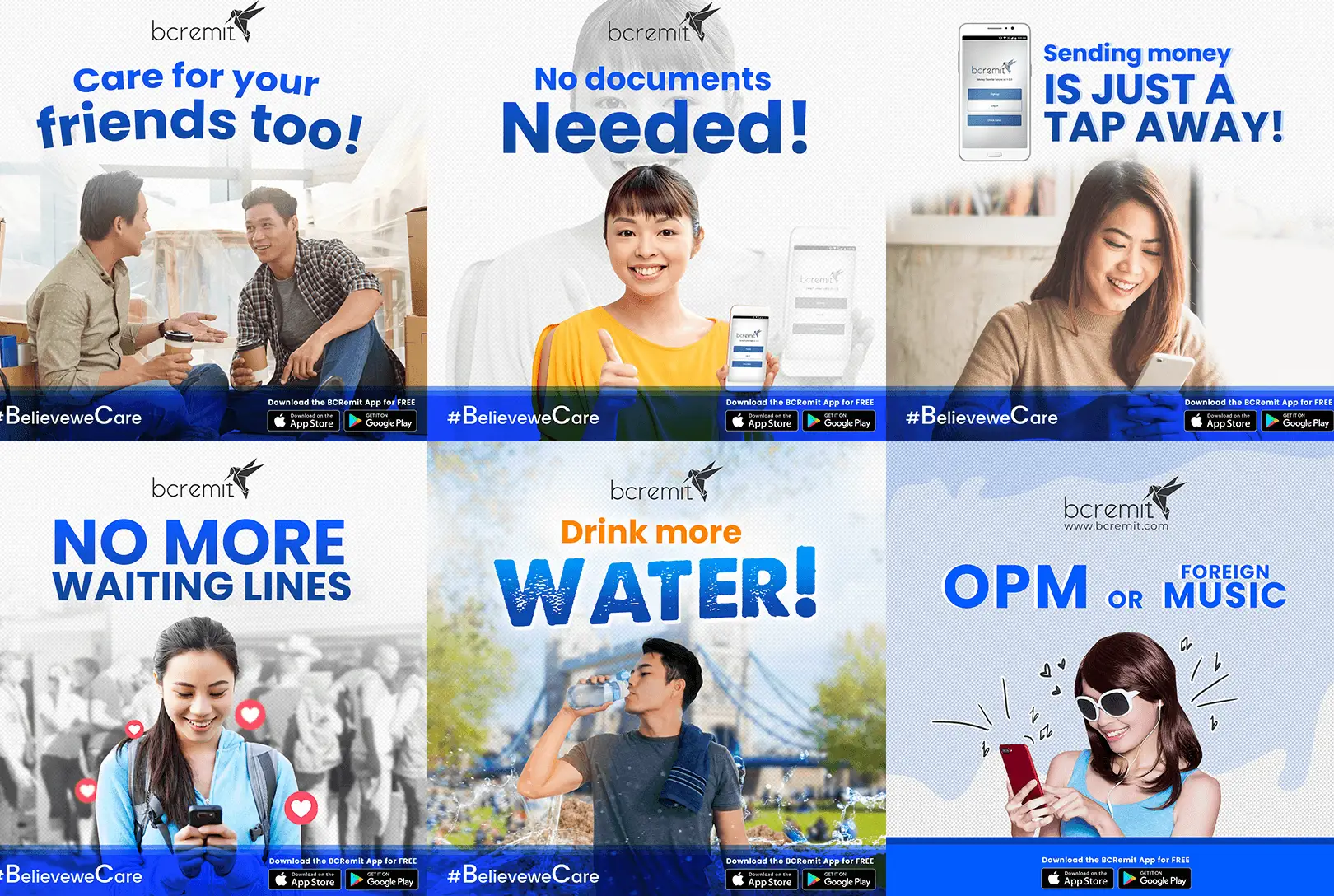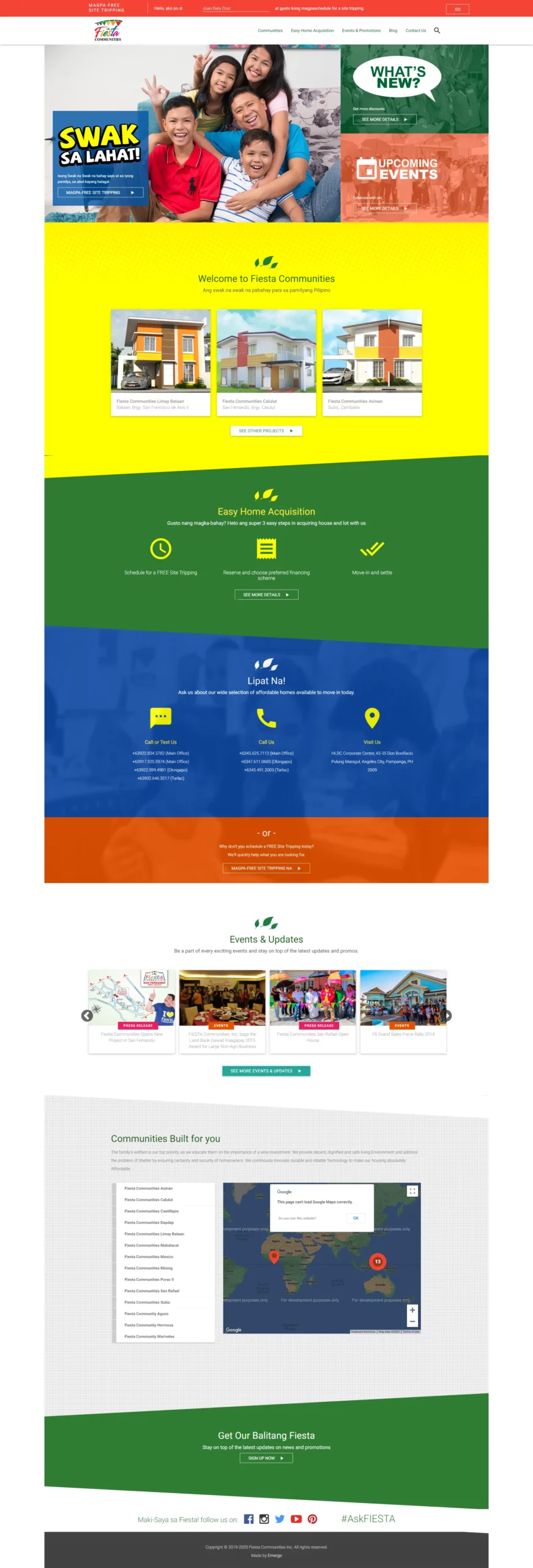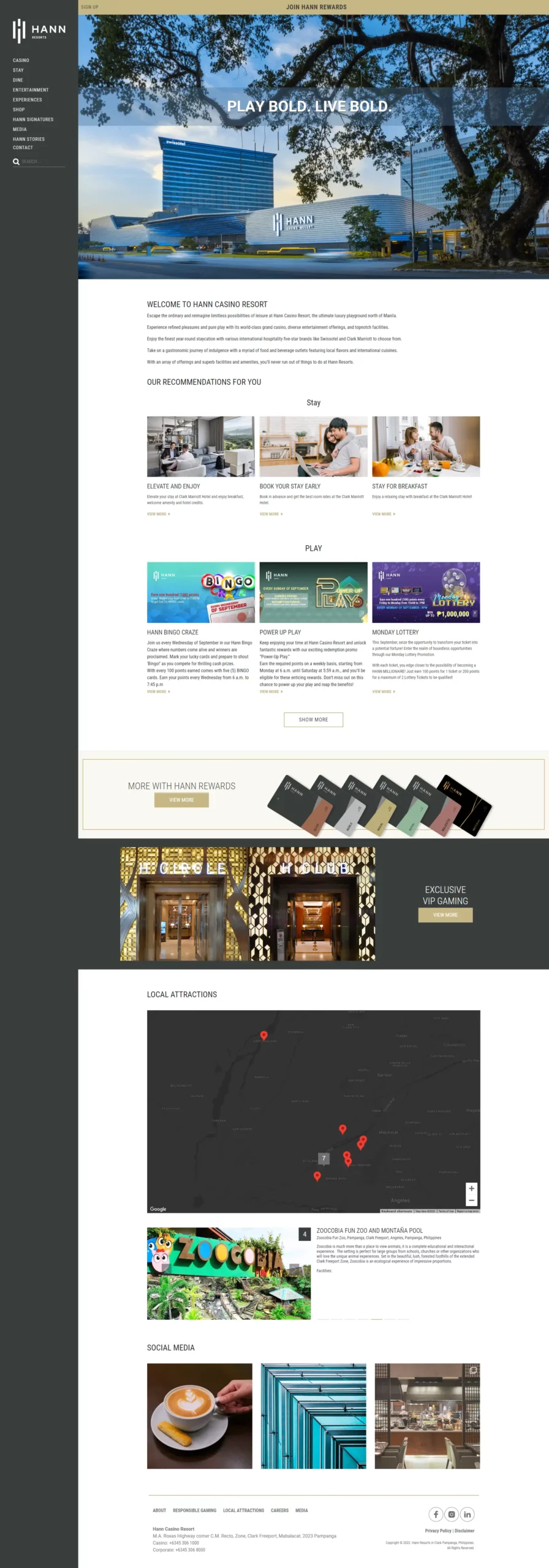Influencer Marketing: Working with Online Personalities to Improve Brand Recognition
Long before the internet and social media, television was the only “virtual way” brands could advertise their products to people. Now that various online platforms are created in line with the emergence of the internet, it called for online content creators to surface, and influencer marketing was born. Although it is not a new concept in the digital marketing industry, it has become a viral digital-first approach over the past couple of years.
What is Influencer Marketing?

Influencer marketing is a type of digital marketing where brands collaborate with social media or web personalities to promote their products and services through a content-driven marketing campaign in various media outlets such as Instagram and Tiktok. It is one of the modern-day approaches to expanding your brand’s reach online.
Note that it is not the same as celebrity endorsement, where brands attach their name to a well-known celebrity. Influencers typically possess knowledge and expertise about their advertisement.
What is an Influencer?

An influencer is a social media personality that actively follows a particular niche with which they engage. Unlike celebrities, influencers can be anyone and anywhere. They can be a travel and lifestyle vlogger, a creative model on Instagram, or a video creator on Tiktok.
Their followers are what makes them “influential.” They build their reputation through their knowledge, expertise, and experience in their niche.
How they Contribute to the Success of their Partner Brands.

Influencers have the power to affect the purchasing decisions of others because of their authority and relationship with their audience. They promote independently, are in control of the brand’s message, and have the liberty to choose how to portray it.
The audience looks up to these influencers to guide them in their decision-making. That’s why most brands love to collaborate with social media influencers because they can hype the products they promote and they make them authentic.
So, rather than just marketing tools, influencers are essentially social relationship assets for the brands to work with to achieve their marketing objectives.
The Audience is Theirs.
Influencers can create a keen and enthusiastic audience with established loyalty that follows their advice and lifestyle and supports the brands or products they promote, use, or recommend.
One downside is that the audience follows the influencers rather than the brand itself. A simple misunderstanding with the brand and they can simply walk away and take the audience with them.
That’s why it is vital to set up your strategy and plans before closing a deal with them.
The Value of Influencer Marketing.

Robert Palmatier, a marketing professor at the UW Foster School of Business, said that influencer marketing currently produces a higher ROI than most other kinds of marketing.
Influencer marketing is indeed profitable both to the brand and the partner influencer, especially now that the majority of the people are heavily indulged in social media “finds” and recommendations. The market grew from 1.7 billion in 2016 to 16.4 billion in 2022, indicating that it is going on steady growth and will continue to grow as time goes by with increased social media consumption.

Engagement is how people interact with online content, such as commenting, liking, and resharing. And this is precisely where influencers strive. And with different social media trends emerging, it is easier for influencers to ride on those trends and incorporate them into their advertisements.
Influencers serve as content production, creating natural ads that resonate with the consumers in a much more personal sense, making it one of the most effective marketing strategies today.
